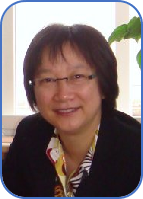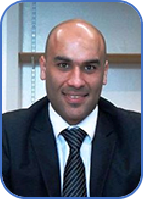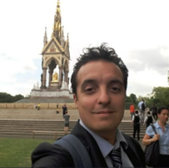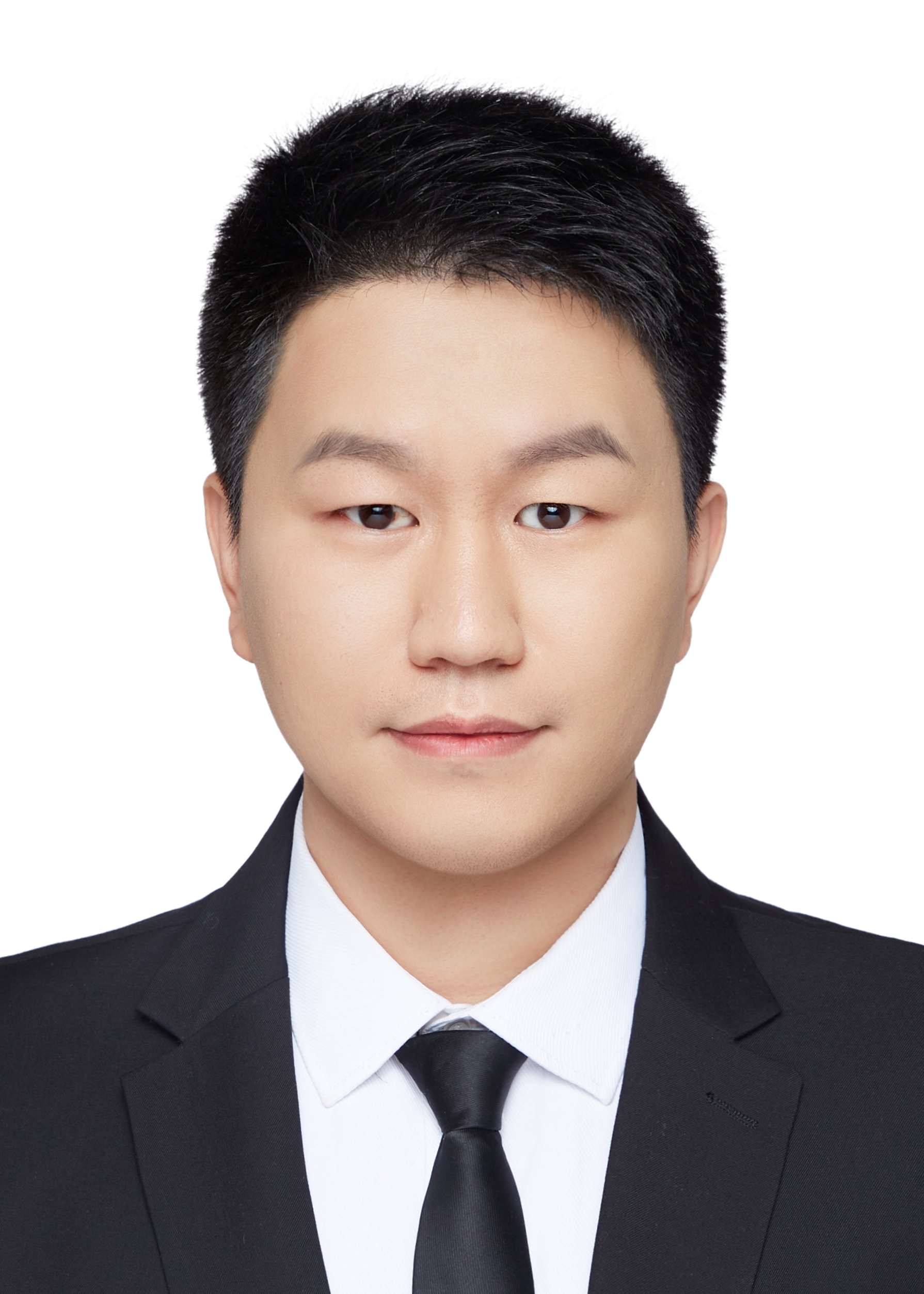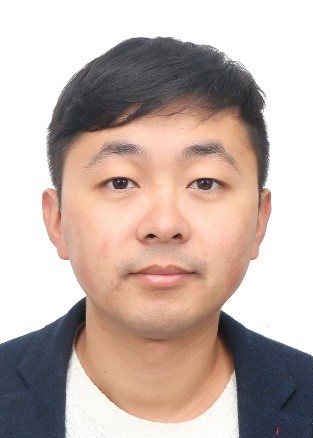
Speakers
| Prof. Lingai LuoUniversity of Nantes, FrancePr. Lingai LUO is Exceptional Class Research Director (ECRD) of French National Center for Scientific Research (CNRS), Laboratoire de Thermique et Energie de Nantes (LTEN-CNRS UMR6607), France. She was Direction member of LTEN and the director of LOCIE, both Laboratories of CNRS. She was the cofounder and coordinator of Sino-French Collaboratory for Environmental and Process Engineering and the director of its successor Sino-French Laboratory for Sustainable Energy of French CNRS and Chinese Academy of Sciences. Her research covers a wide range of topics in thermal, process and energy engineering, successively: combustion in fluidized bed; energy balance analysis of industries; solar refrigeration machines; adsorption and absorption processes; thermoelectric heat pumps; energy for buildings, solar energy, energy storage, innovative fluidic, thermal and reactive components and their multi-functionality, energy system integration and optimization, topology optimization assisted by machine learning etc. She proposed a multi-scale approach for energy efficiency optimization of processes. To improve the global performance, intensification should necessarily be implemented at three scales: local scale, component scale and system scale. The internal links between these scales should be carefully examined for performance maximization with minimization of dissipations. She developed an innovative strategy for optimized management of fluid which aims to establish a new fluid distribution optimization strategy in fluidic, thermal and reactive devices, as well as in their integration into multifunctional and multi-scale systems. She has been the author or editor of 4 books and over 150 journal articles. She is serving as subject editor of Energy Journal, and associate editor of three others Journals. |
Assoc. Prof. Muhyiddine JradiUniversity of Southern Denmark, DenmarkMuhyiddine Jradi, PhD, is an Associate Professor in Energy Engineering and the leader of the Building Energy Applications Group at the Center of Energy Informatics at the University of Southern Denmark. He has a mechanical engineering background and received his PhD degree in Sustainable Building and Energy Technologies from the University of Nottingham, in 2014. Dr Jradi's main research interests include energy efficient systems, building energy modelling and simulation, energy renovation, multi-generation systems, energy systems numerical modelling and simulation, renewable energy and energy storage. Dr Jradi is currently leading and taking part in multiple international research projects in collaboration with industrial partners and public parities with funding exceeding 4 million USD. In addition, he is serving as a member of multiple journal editorial boards and international conferences’ scientific committees. He has received multiple awards including the Dean of Engineering Research Scholarship for International Excellence from the University of Nottingham and the Sakkal Renewable Energy Award from the American University of Beirut. Dr Jradi research work has led to more than 140 academic publications in leading journals and international conferences. |
|
| Prof. Pierluigi SianoUniversity of Salerno, ItalyPierluigi Siano holds the position of Full Professor in Electrical Power Systems and serves as the Scientific Director of the Smart Grids and Smart Cities Laboratory within the Department of Management & Innovation Systems at the University of Salerno. In recognition of his outstanding contributions, he was honored with the Highly Cited Researcher award by ISI Web of Science Group in 2019. According to a study conducted by researchers from Stanford University, it has been included in the ranking of 100,000 international scientists across various disciplinary fields with significant scientific impact. The investigation was carried out by Stanford University researchers who utilized the SCOPUS database containing a comprehensive list of scholars worldwide classified based on their scientific production. They developed a composite indicator that considers all possible bibliometric parameters (such as h-index, number of publications, citations, journal relevance, sector relevance, etc.) to generate an extensive ranking focused on the scientific significance of scientists in relation to their activity over the past 23 years. He is Full Professor of Electrical Energy Engineering and Scientific Director of the Smart Grids and Smart Cities Laboratory with the Department of Management & Innovation Systems, University of Salerno. His research activities are centered on demand response, on the integration of distributed energy resources in smart grids and on planning and management of power systems. He has co-authored more than 450 papers including more than 200 international journal papers that received more than 7600 citations with an H-index equal to 44. |
Assoc. Prof. Bowen ZhouNortheastern University, ChinaBowen Zhou received the PhD degree from Queen’s University Belfast, Belfast, UK, in 2016, in electrical and electronic engineering. e joined Department of Electrical Engineering, College of Information Science and Engineering, Northeastern University, Shenyang, China, in 2016, where he is currently working as an associate professor. He is also the vice dean of School of Future Technologies, Northeastern University. His research interests include power and energy system operation and control, vehicle to grid, virtual energy storage and demand response, intelligent control of industrial loads. He is the PI of more than 15 government and industry sponsored projects, including NSFC and National Key R&D Program of China. He has published more than 70 SCI or EI indexed papers and holds 20 patents, 5 software, and 1 standard. 4 papers that he authored or co-authored have won best paper awards including IEEE TCE. He has also received 4 first awards of provincial level science and technology advances award, and 2 silver awards of the 48th Geneva Inventions. He is a member of the Expert Committee of China Energy Society. He is also a standing director or director of several IEEE PES China committees and subcommittees. He has served as a Youth Editorial Board Member, Editorial Board Member, and Special Issue Guest Editor of several international and domestic journals, and the session chairs and TC/PC members for more than 10 IEEE, IET, CCDC international conferences. |
|
| Assoc. Prof. Xiaomin KangUniversity of South China, ChinaProf. Xiaomin Kang obtained his bachelor's and Ph.D. degrees in Material Science and Engineering from Southwest Jiaotong University in 2011 and 2017, respectively. Following graduation, he continued his research career as a postdoctoral researcher and research fellow in the group of Prof. Luo Jinglli (Fellow of the Canadian Academy of Engineering), focusing on next-generation energy conversion and storage devices. His primary research interests include investigating the oxygen evolution/reduction reaction and electrochemical carbon dioxide conversion at ambient temperatures. In 2022, he joined the School of Mechanical Engineering at the University of South China as an Associate Professor. Currently, he is leading a National Natural Science Foundation project as well as participating in the Shenzhen Postdoctoral Innovative Research Program. He is also a core member of two innovative research programs: "Hydrogen Energy and Fuel Cell Electrocatalytic Materials" under Shenzhen Innovative Research Team Program, and "Development of Graphene-based Materials for Anti-corrosion and Antifouling Applications in Marine Equipment" under Shenzhen Graphene Manufacturing Innovation Center. Furthermore, he previously received funding from China Postdoctoral Science Foundation in 2019. To date, he has published more than 15 papers in reputable journals such as Chemical Communications, Polymer Chemistry, Journal of Materials Chemistry A, Journal of Alloys and Compounds etc., along with holding four patents. |
